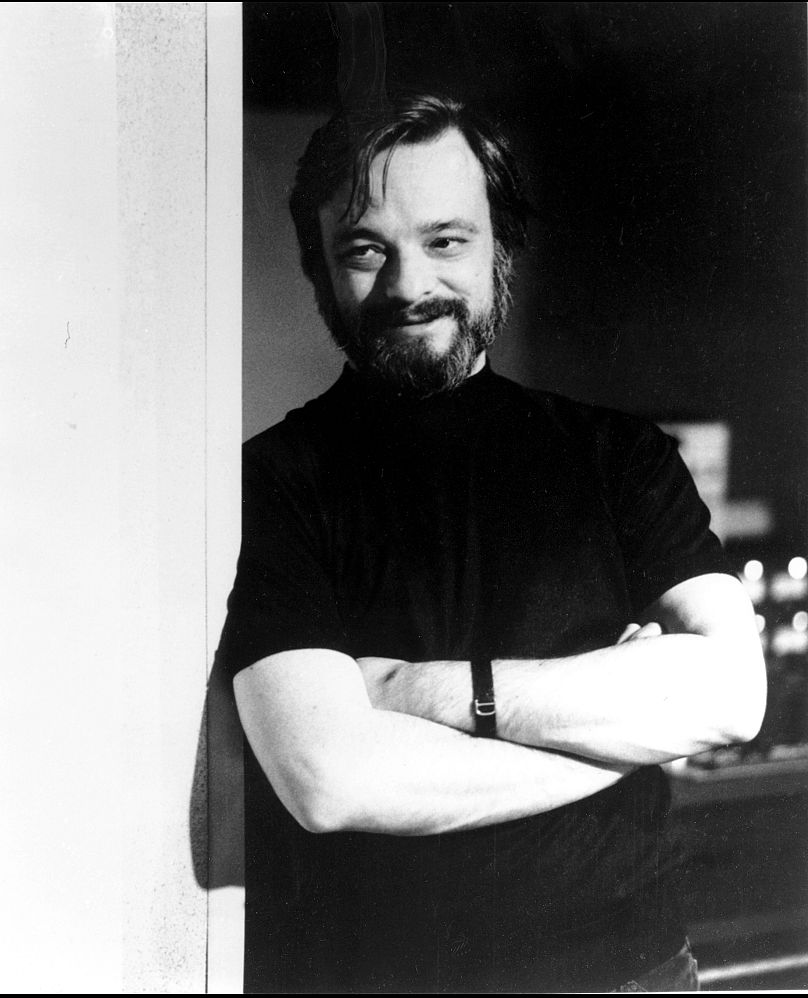Sondheim influenced several generations of theatre songwriters, particularly with such landmark musicals as “Company,” “Follies” and “Sweeney Todd."
Stephen Sondheim, the songwriter who reshaped the American musical theatre in the second half of the 20th century with his intelligent, intricately rhymed lyrics, his use of evocative melodies and his willingness to tackle unusual subjects, has died. He was 91.
Sondheim's death was announced by Rick Miramontez, president of DKC/O&M. Sondheim's Texas-based attorney, Rick Pappas, told The New York Times the composer died Friday at his home in Roxbury, Connecticut.
Sondheim influenced several generations of theater songwriters, particularly with such landmark musicals as “Company,” “Follies” and “Sweeney Todd,” which are considered among his best work. His most famous ballad, “Send in the Clowns,” has been recorded hundreds of times, including by Frank Sinatra and Judy Collins.
The artist refused to repeat himself, finding inspiration for his shows in such diverse subjects as an Ingmar Bergman movie (“A Little Night Music”), the opening of Japan to the West (“Pacific Overtures”), French painter Georges Seurat (“Sunday in the Park With George”), Grimm’s fairy tales (“Into the Woods”) and even the killers of American presidents (“Assassins”), among others.
Tributes quickly flooded social media as performers and writers alike saluted a giant of the theatre. “We shall be singing your songs forever,” wrote Lea Salonga.
Aaron Tveit wrote: "We are so lucky to have what you’ve given the world.”
Actor and singer David Thaxton who won Best Actor In A Musical (2011) for Sondheim's Passion at the Donmar Warehouse in London told Euronews that Sondheim was "the most normal person in the room. Charming, funny, warm. And the most openly emotional person I’ve ever met."
"You know these things will happen eventually," said the actor just after hearing the news, "but it’s shocking how sad it is when they do. Steve Sondheim was my hero. He was our Shakespeare. The greatest exponent of his craft there ever was and a real life raft for me durning a very difficult time. Working with and getting to know him was the greatest honour of my career. I’ll never forget it, or him."
“The theatre has lost one of its greatest geniuses and the world has lost one of its greatest and most original writers. Sadly, there is now a giant in the sky. But the brilliance of Stephen Sondheim will still be here as his legendary songs and shows will be performed for evermore," producer Cameron Mackintosh wrote in tribute.
Six of Sondheim’s musicals won Tony Awards for best score, and he also received a Pulitzer Prize (“Sunday in the Park”), an Academy Award (for the song “Sooner or Later” from the film “Dick Tracy”), five Olivier Awards and the Presidential Medal of Honor. In 2008, he received a Tony Award for lifetime achievement.
It was “Company,” which opened on Broadway in April 1970, that cemented Sondheim’s reputation. The episodic adventures of a bachelor (played by Dean Jones) with an inability to commit to a relationship was hailed as capturing the obsessive nature of striving, self-centered New Yorkers. The show, produced and directed by Hal Prince, won Sondheim his first Tony for best score. “The Ladies Who Lunch” became a standard for Elaine Stritch.
In September 2010, the Henry Miller Theatre was renamed the Stephen Sondheim Theatre. “I’m deeply embarrassed. I’m thrilled, but deeply embarrassed,” he said as the sun fell over dozens of clapping admirers in Times Square. Then he revealed his perfectionist streak: “I’ve always hated my last name. It just doesn’t sing.”





